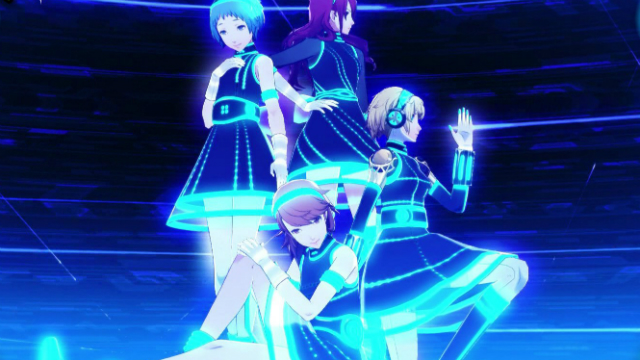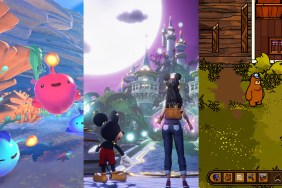There’s a lot to like about Atlus’ Persona Dancing: Endless Night Collection, which packaged all three of the stylish rhythm games together. However, while the fan service-heavy titles offer up an enjoyable experience for fans of the genre, it makes some huge mistakes in how it handles its custom modifier system. Many settings, which should have been accessibility settings available from the start,…

Atlas is an action-rpg with rogue-like elements where you use your ability to control the ground to fight the enemies and move through procedurally generated worlds.










